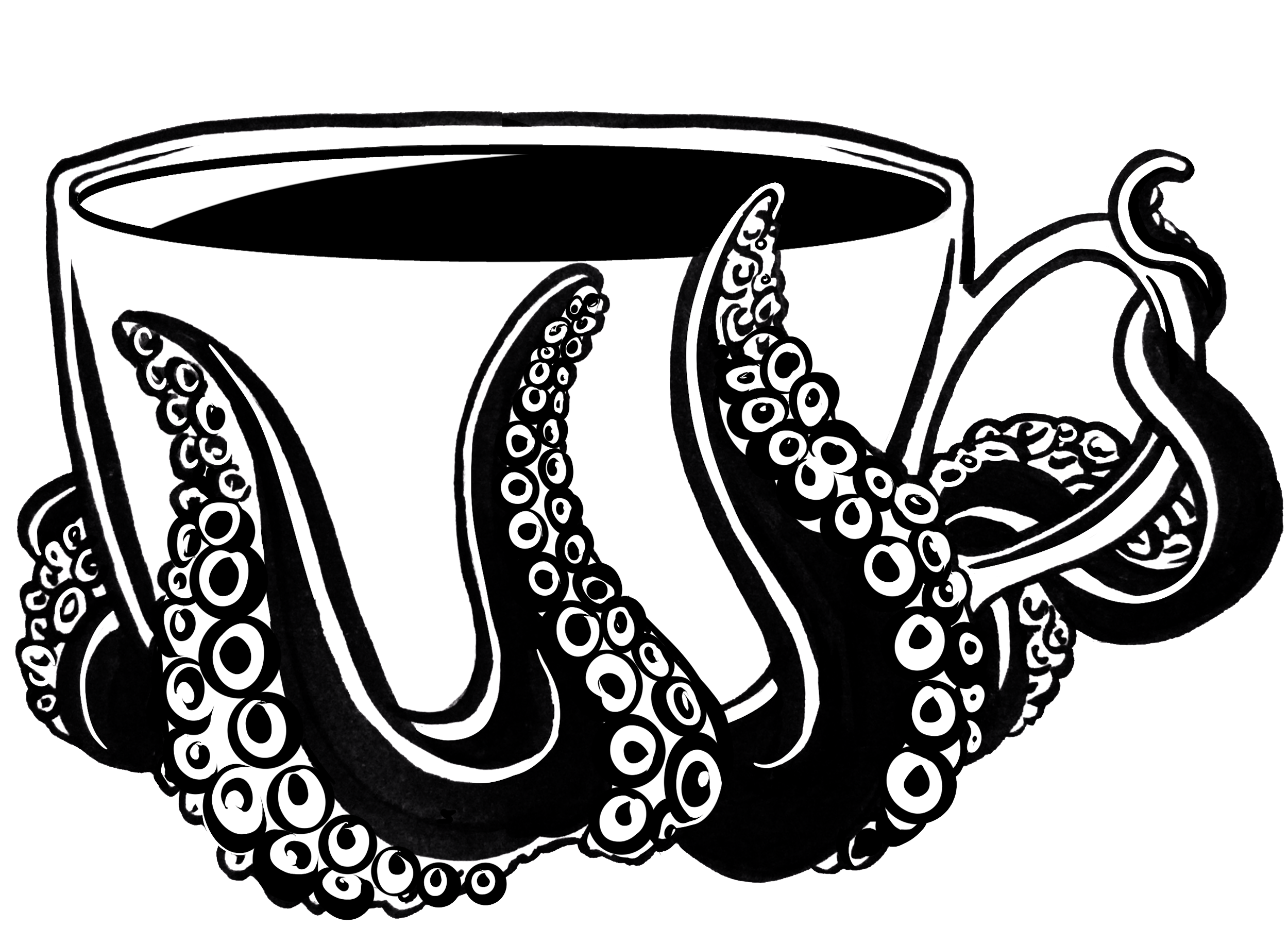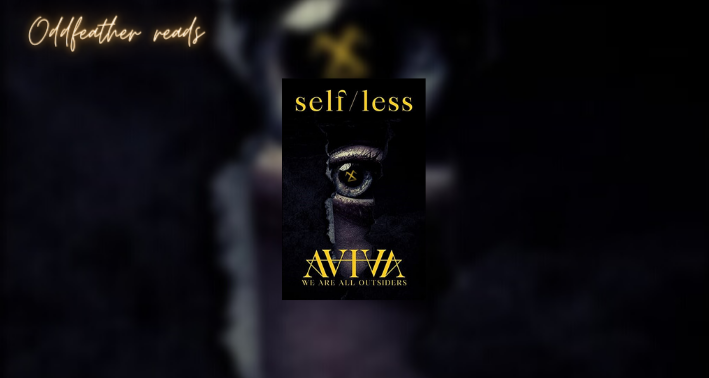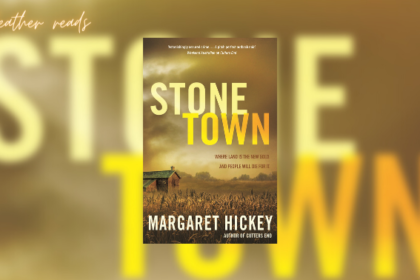A dystopian YA novel set in a city where self-expression is illegal.
Self/less by Aviva is a dystopian YA novel about seventeen-year-old Teddy Veodrum who lives in the great city of Metropolis. In the Metropolis, every aspect of life is carefully controlled, embodied in the city slogan: We watch because we care. Teddy is going through the Occasions that mark her coming-of-age and adulthood; she has just been given her job placement and will soon meet her Partner, with whom she will go on to lead a productive life contributing to the great city. But self-expression and creativity are illegal in the Metropolis, and if a person is found to be ‘infected’ – by humming, drawing, playing, dancing, or any other self-expressing activity – they are sent away to be ‘sanitised’. As she’s on the cusp of having the rest of her life set in stone, Teddy follows a shadowy figure in the middle of the night and discovers that there is much more to her city than she ever knew.
Aviva brings together many well-known tropes to create a dystopian world ripe for every shade of teenage angst. The worlds in and out of the sanctioned city are polar opposites, and Teddy’s eyes are soon opened to everything she has never been permitted to do, see, and experience. The action is few and far between, the story instead focusing on the inner turmoil of Teddy as she struggles to learn who she can trust, both within the city’s system and outside of it. Friends, family, enemies, allies – anyone could betray her at any moment, and she must stay strong and believe in herself if she’s going to survive.
I’d recommend this book to adolescents who are new to the YA genre, as it’s a story of difficult friendships, untrustworthy family, and a world that will literally kill anyone who puts a foot wrong. These all-or-nothing, adolescent versus the world stakes are a very recognisable genre marker for YA, and Aviva has used them extensively within the story. As such, it’s a difficult book to enjoy if you’re not really interested in angst and want a bit more action. Aviva creates a very interesting dystopian world, but we don’t see much of it beyond the protagonist’s immediate oppression and persecution; readers may be left wanting when it comes to knowing more about the world she lives in and how other people survive it.
But the story ends wide open with very little resolution, so maybe we’ll find out more in the next book – it’s the first in Aviva’s Self/less series, so keep an eye out for further instalments.
This review was first published on ArtsHub.





